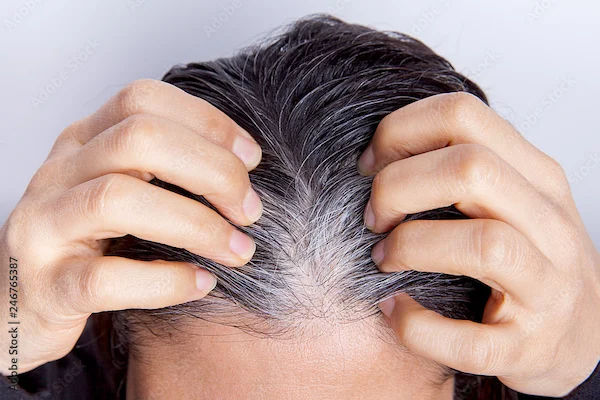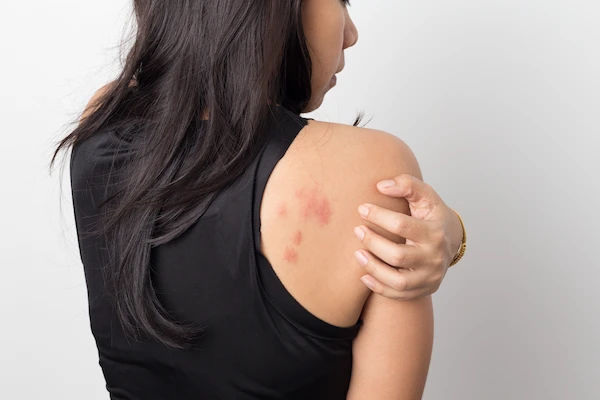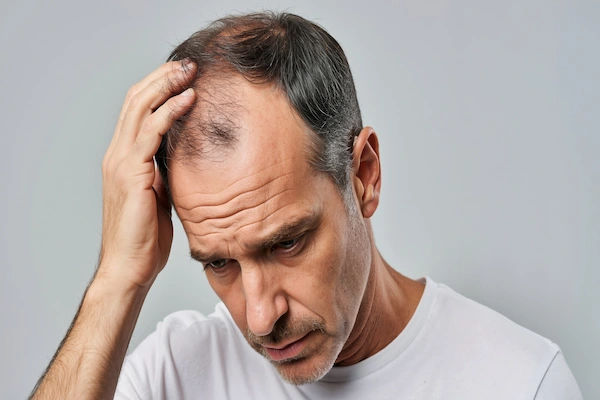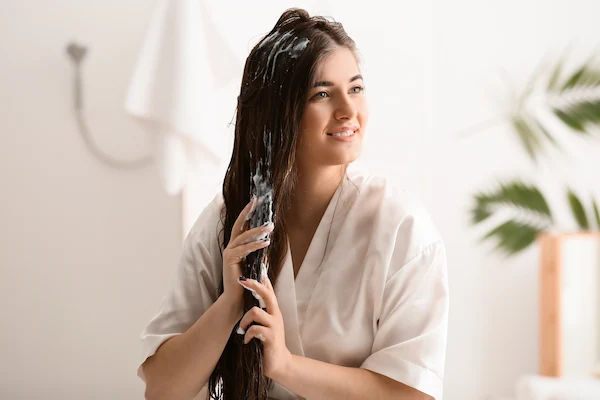- Male
- 34 Years
- 22/01/2025
I'm currently taking finasteride 1mg and using minoxidil 5%, and I'm wondering if it's okay to add ashwagandha 500mg to the mix. From what I've gathered, ashwagandha can reduce inflammation and lower cortisol, which could be linked to DHT formation, but it also might boost testosterone levels. I'm trying to figure out if this combo might help keep my testosterone levels balanced. Lately, I've been noticing some muscle loss, inflammation, and fatigue, so I'm a bit worried if I might have low T. Can you give me some guidance on this?
Answered by 1 Apollo Doctors
You're considering adding ashwagandha to your existing regimen of finasteride and minoxidil.
Ashwagandha's Effects on Testosterone and DHT
- Testosterone Increase: Ashwagandha may help increase testosterone levels, which could potentially counterbalance the testosterone-reducing effects of finasteride.
- DHT Reduction: Ashwagandha's anti-inflammatory properties might help reduce DHT levels, which could complement the DHT-reducing effects of finasteride.
- Cortisol Reduction: Ashwagandha's adaptogenic properties can help reduce cortisol levels, which may contribute to a decrease in DHT formation.
Potential Benefits of the Combination
- Balanced Testosterone Levels: The combination of finasteride (reducing DHT) and ashwagandha (potentially increasing testosterone) might help maintain balanced testosterone levels.
- Reduced Inflammation: Ashwagandha's anti-inflammatory properties could complement the anti-inflammatory effects of minoxidil, potentially leading to reduced inflammation and improved overall health.
- Improved Muscle Mass and Fatigue: Ashwagandha's adaptogenic properties might help alleviate fatigue and improve muscle mass, although more research is needed to confirm this.
Dr. Chandra Suggests...
Consult a Dermatologist
Answered 04/07/2025
0
0

More Dermatology Health Queries
View allI've been using Meghlow cream on my face for the past couple of months, and I've noticed that my skin is getting darker than it was before. Could this be an issue with the cream or is something else going on? Also, do you have any recommendations for a better cream for both my face and neck? I've heard about Panderm NM creamwhat are your thoughts on that?
Kojiglo cream for local application for atleast 3 weeks is advised.
Answered by 1 Apollo Doctors
I applied Deriva CMS on my face, but I forgot to wash it off and then went out into the sun. Now my skin has gotten darker. Could this be because of the cream or the sunlight? What should I do to fix it?
continue same treatment.
Answered by 1 Apollo Doctors
I recently had unprotected sex during my period, and a couple of days later, I noticed red rashes on the head of my penis with a slight itching sensation. Should I be worried about these symptoms, and what could be causing them?
The symptoms you are experiencing could be due to a possible infection. I recommend using an antifungal cream like Clotrimazole 1% cream. Apply a thin layer of the cream on the affected area twice a day for about 1-2 weeks. Additionally, you can take an oral antifungal medication like Fluconazole 150mg as a single dose. It is important to maintain good hygiene and avoid any sexual activity until the symptoms resolve completely. If the symptoms persist or worsen, it is advisable to consult a healthcare professional for further evaluation and management.
Answered by 1 Apollo Doctors
Disclaimer: Answers on Apollo 247 are not intended to replace your doctor advice. Always seek help of a professional doctor in case of an medical emergency or ailment.





